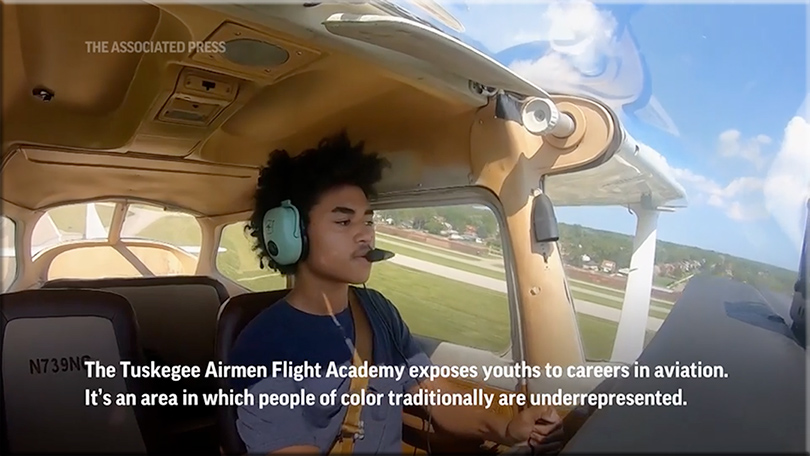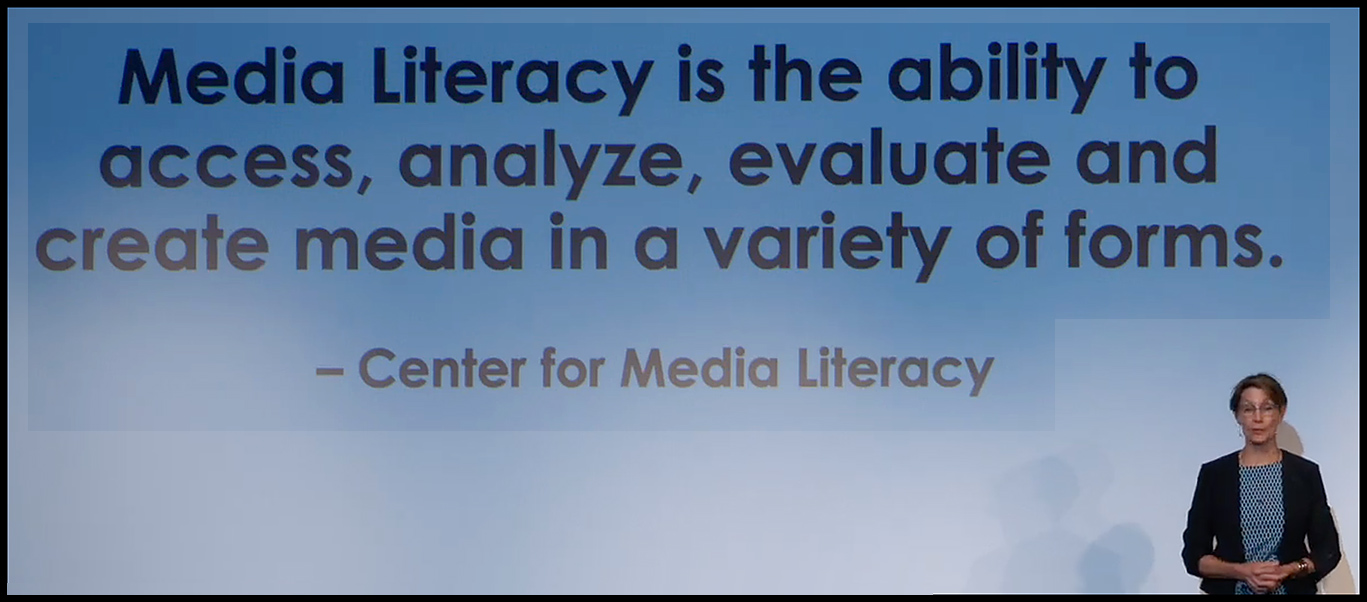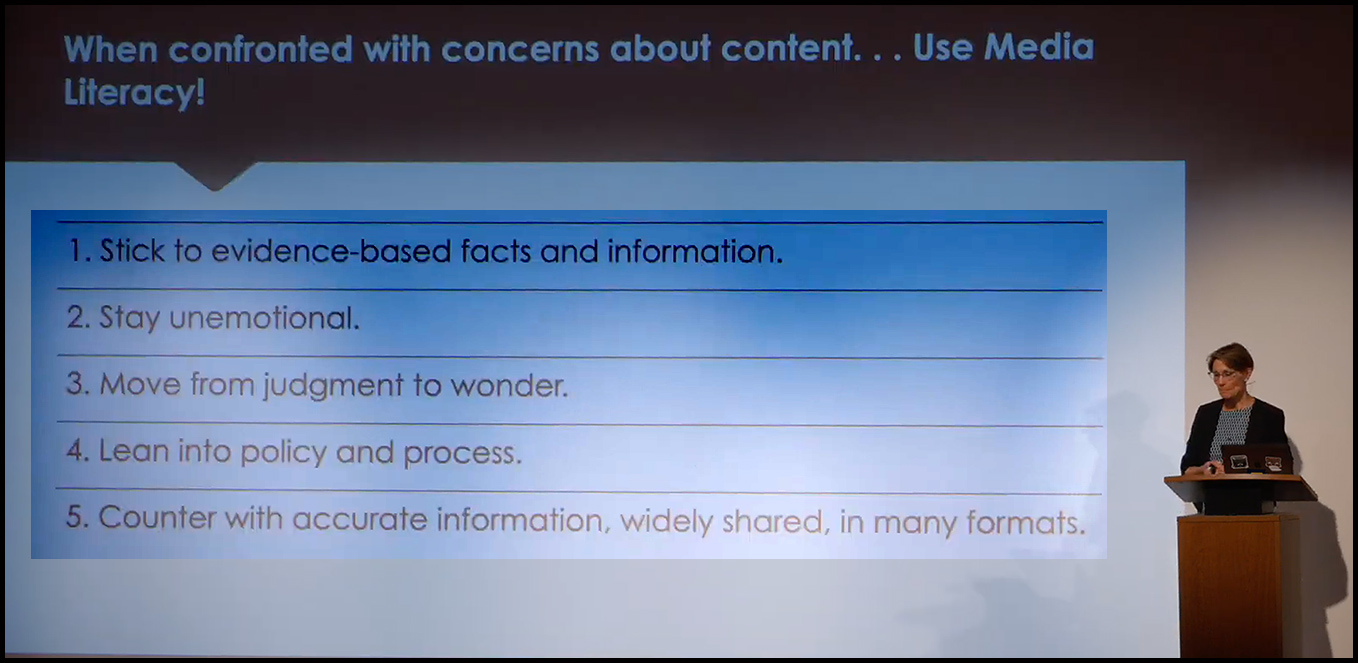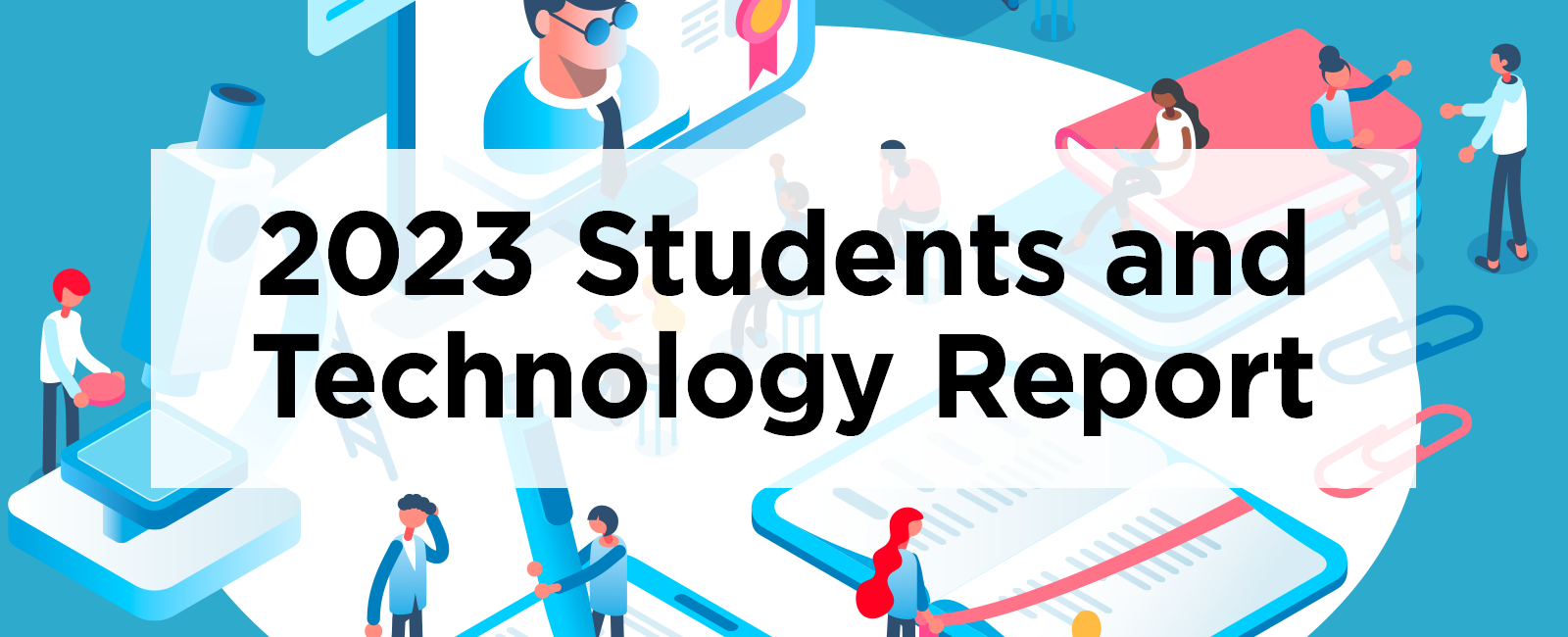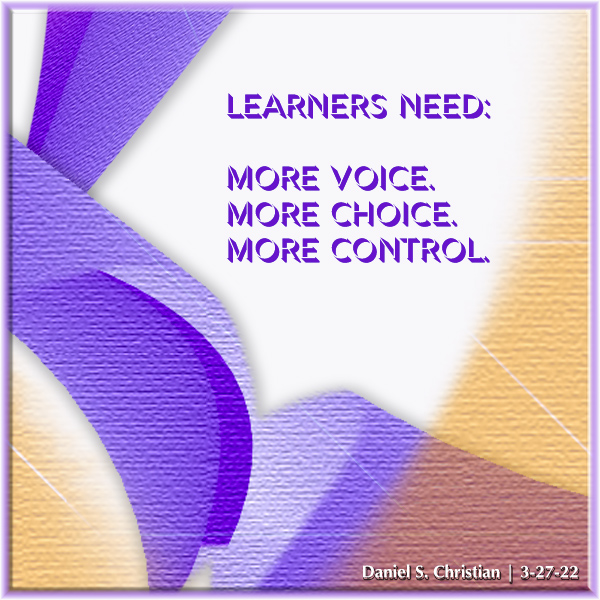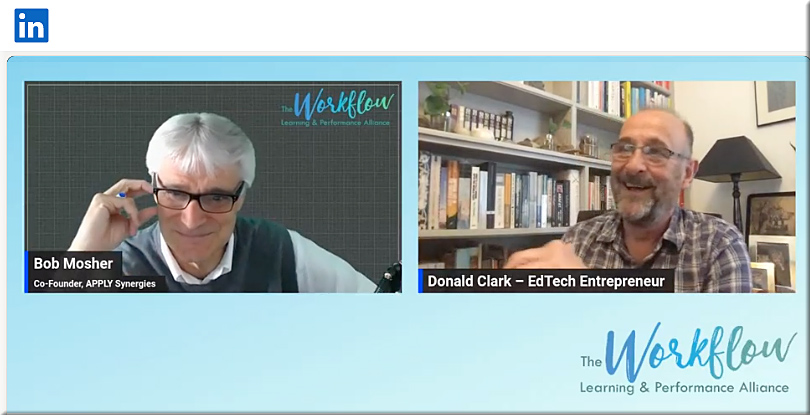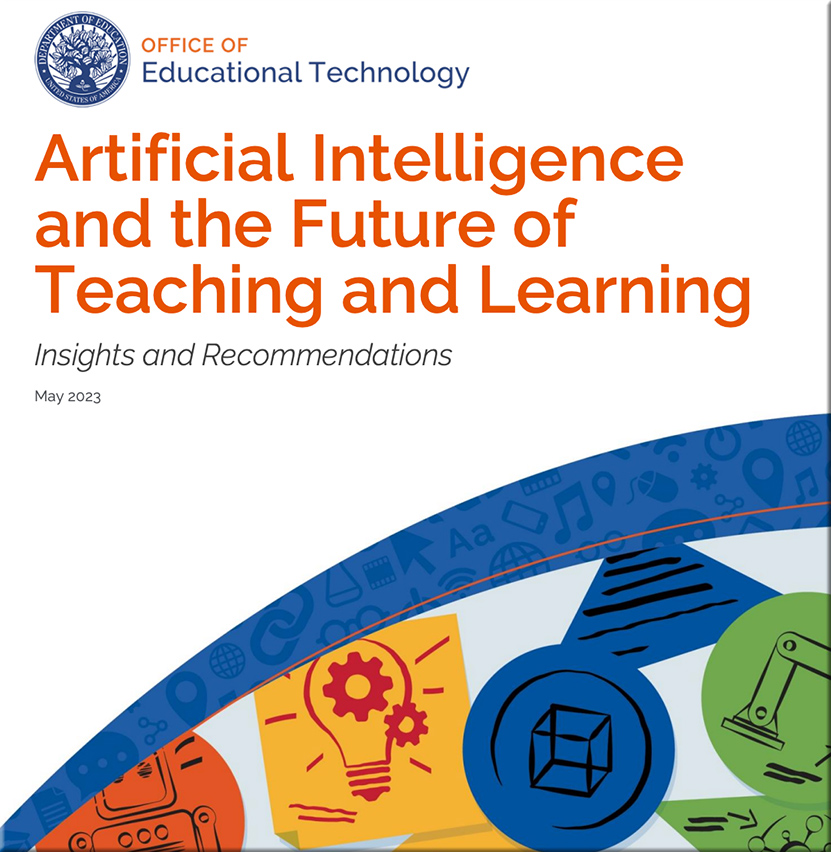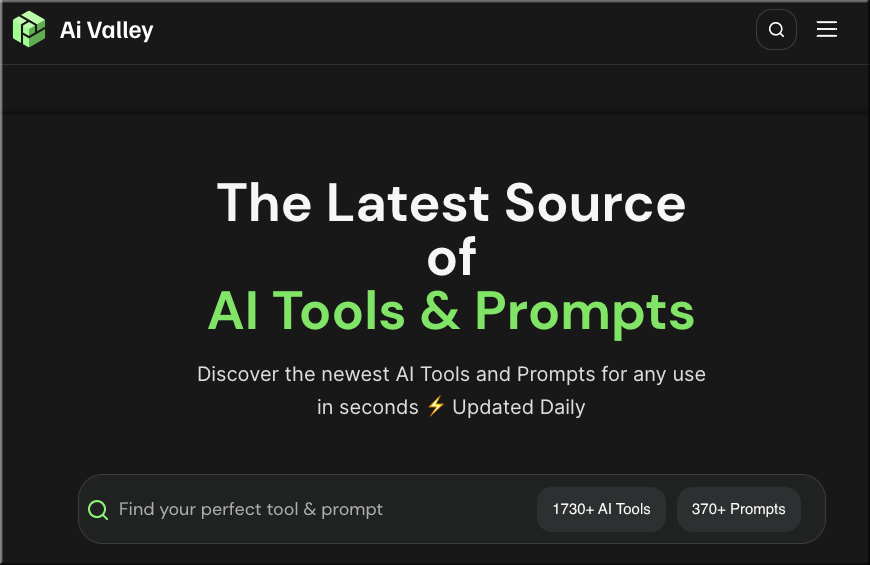Everyday Media Literacy: An Analog Guide for Your Digital Life — from routledge.com by Sue Ellen Christian
In this second edition, award-winning educator Sue Ellen Christian offers students an accessible and informed guide to how they can consume and create media intentionally and critically.
The textbook applies media literacy principles and critical thinking to the key issues facing young adults today, from analyzing and creating media messages to verifying information and understanding online privacy. Through discussion prompts, writing exercises, key terms, and links, readers are provided with a framework from which to critically consume and create media in their everyday lives. This new edition includes updates covering privacy aspects of AI, VR and the metaverse, and a new chapter on digital audiences, gaming, and the creative and often unpaid labor of social media and influencers. Chapters examine news literacy, online activism, digital inequality, social media and identity, and global media corporations, giving readers a nuanced understanding of the key concepts at the core of media literacy. Concise, creative, and curated, this book highlights the cultural, political, and economic dynamics of media in contemporary society, and how consumers can mindfully navigate their daily media use.
This textbook is perfect for students and educators of media literacy, journalism, and education looking to build their understanding in an engaging way.









